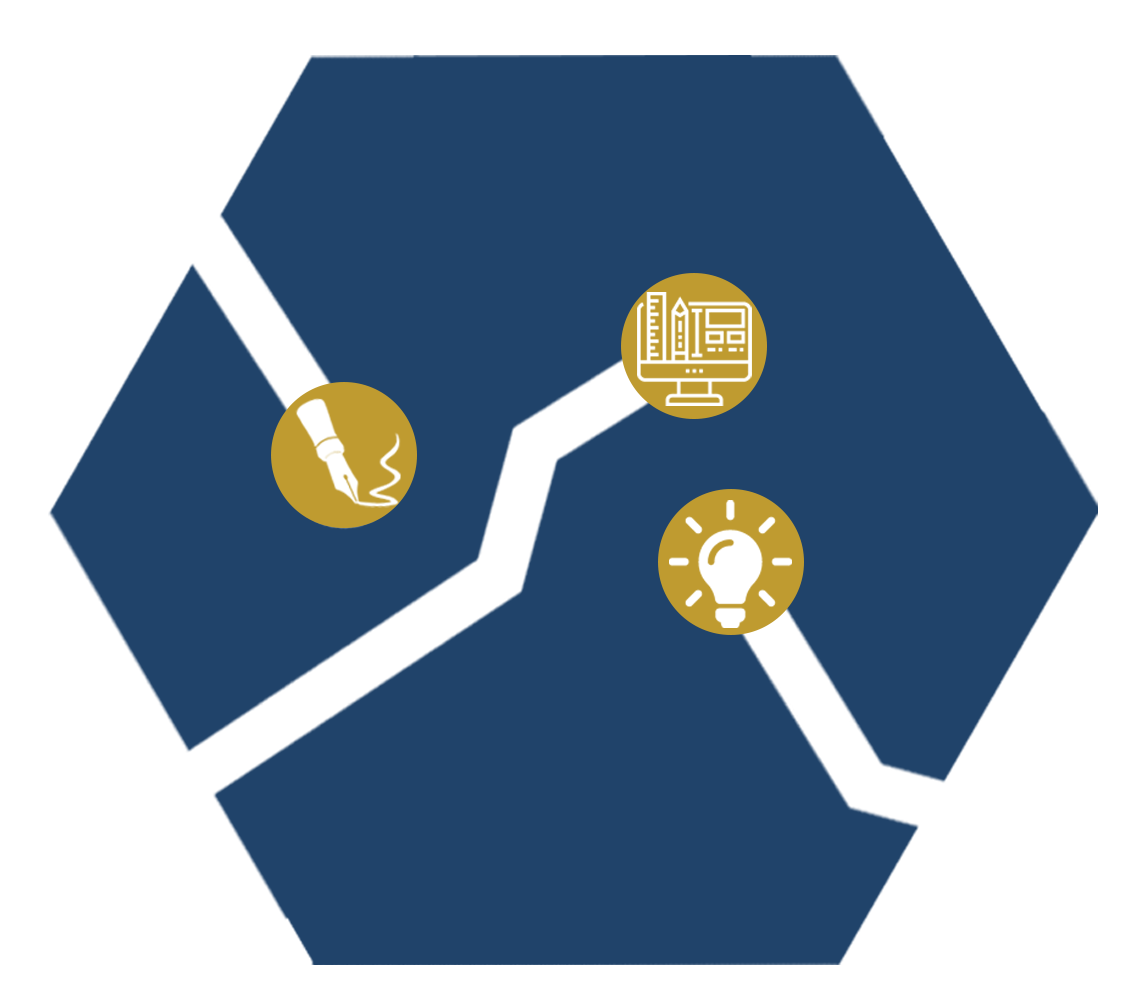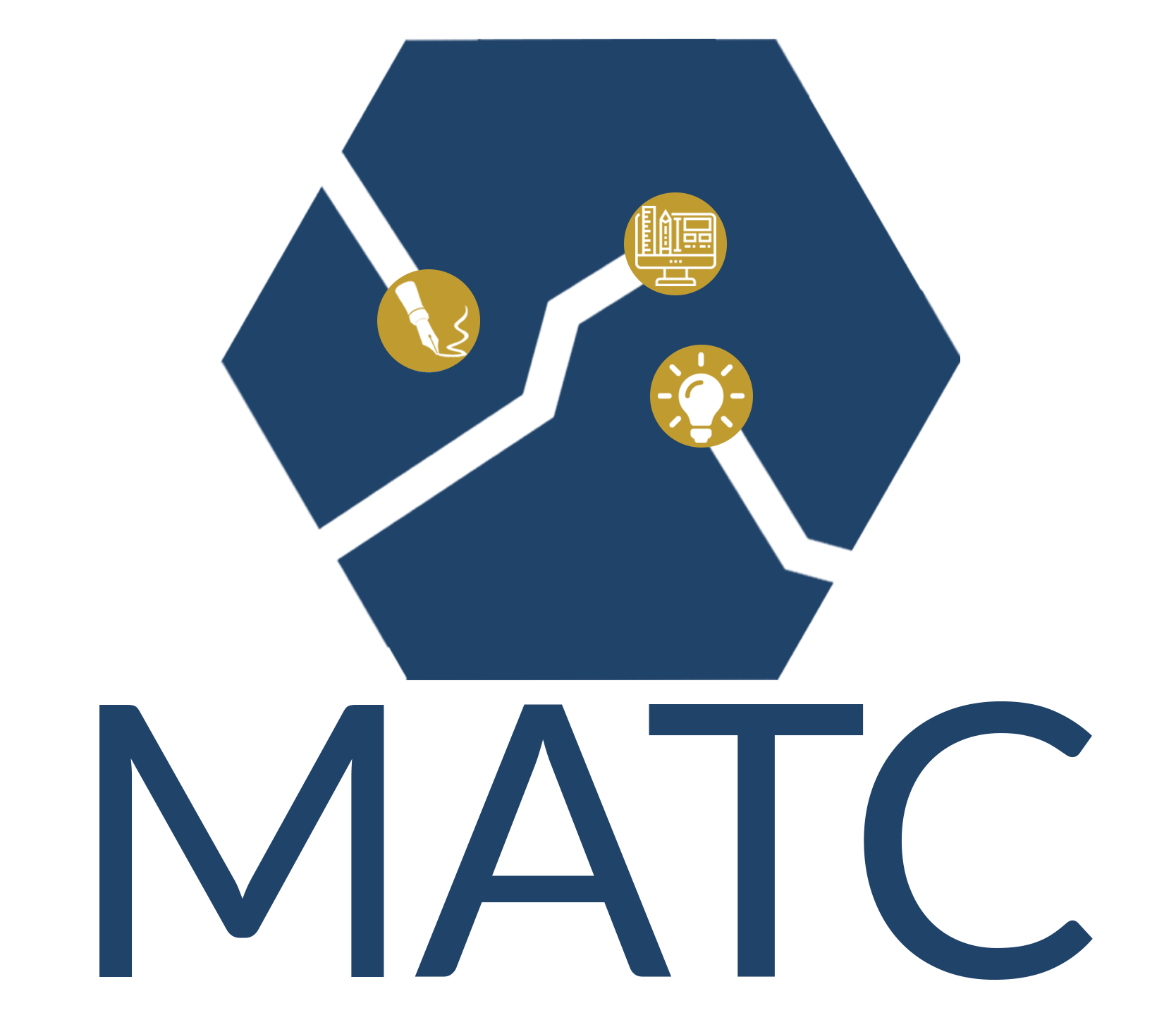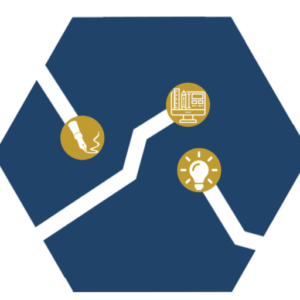 When I first tried out technical writing in my business writing college class, I really didn’t know what to expect. I had the assumption that most people have when they hear the term technical writing: I’ll be writing manuals. Part of me thought I might not enjoy it because it sounded like technical writing would be really dull in the end. I truly enjoy writing and I didn’t want to feel like going to work as a writer was a chore.
When I first tried out technical writing in my business writing college class, I really didn’t know what to expect. I had the assumption that most people have when they hear the term technical writing: I’ll be writing manuals. Part of me thought I might not enjoy it because it sounded like technical writing would be really dull in the end. I truly enjoy writing and I didn’t want to feel like going to work as a writer was a chore.
As it turned out, the writing assignment we were given in that college class was really fun. We had to explain a process that we knew very well in a Word document where we could add pictures to help further explain the process. I grew up learning how to play the violin, so I took the opportunity to write a document about the parts of a violin and how to play it. It was my first taste of technical writing and I loved it, but I learned much more about technical writing when I started writing professionally.
Here’s what I wish I knew before I became a technical writer.
It’s not just about manuals
Depending on the client, you may write anything from a professional scholarly article to a user guide to a business plan. Technical writing is anything that has to be written with a logical mind and often requires research. If you have a logical mind and enjoy research and writing, technical writing might be a job you enjoy.
You’re always learning
I have always identified myself as a lifelong learner, so becoming a technical writer was the perfect job for me. Every project is different. One month you could be learning about data security and the next you could be learning about accounting software. Most of the client work I receive is in fields where I have little to no knowledge, which means there is research and subject matter expert (SME) interviewing involved. I love to research, and by the end of a project, I become an expert in the material. Best of all, I can carry that expertise forward to new projects.
You can be creative – really!
You can let your voice and personality still shine in your writing. Depending on the project, clients might appreciate adding some flavor to their documentation. I’ve had some projects where I was able to include my sense of humor in the finished product, and my clients loved it because it made the subject seem less dull.
Clients can be fun!
Writing for clients is different than working in customer service. The clients I talk with enjoy their jobs and want to have a professional but friendly relationship with me. I keep in contact with them at least weekly to give updates, receive information I need to complete their documentation, and see if there are any documentation needs they may have. Depending on the client, you may be included in their happy hours or project presentations to make you feel like you’re part of their team and not part of a contracting company.
You’ll favor one part of the process
There are many different parts to the technical writing process, and every technical writer has a favorite. Some enjoy the start of a project and getting to know their clients, while other technical writers enjoy the writing part of the project. Personally, my favorite parts of every technical writing process are researching the material and outlining the information, as well as giving the finished product to the client and hearing their feedback.
Conclusion
Technical writing might not be for everyone, but it is something that a lot of people have misconceptions about until they realize what technical writing truly is. If you talk to a technical writer, they can tell you how fulfilling the job can be.
Are you a technical writer or instructional designer interested in working for MATC Group? Check out our About page for more information about us and what we look for when hiring.
Related Blogs
Understanding the Standards of Technical Writing



